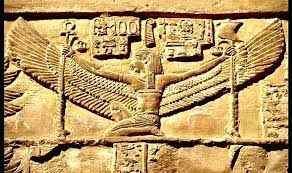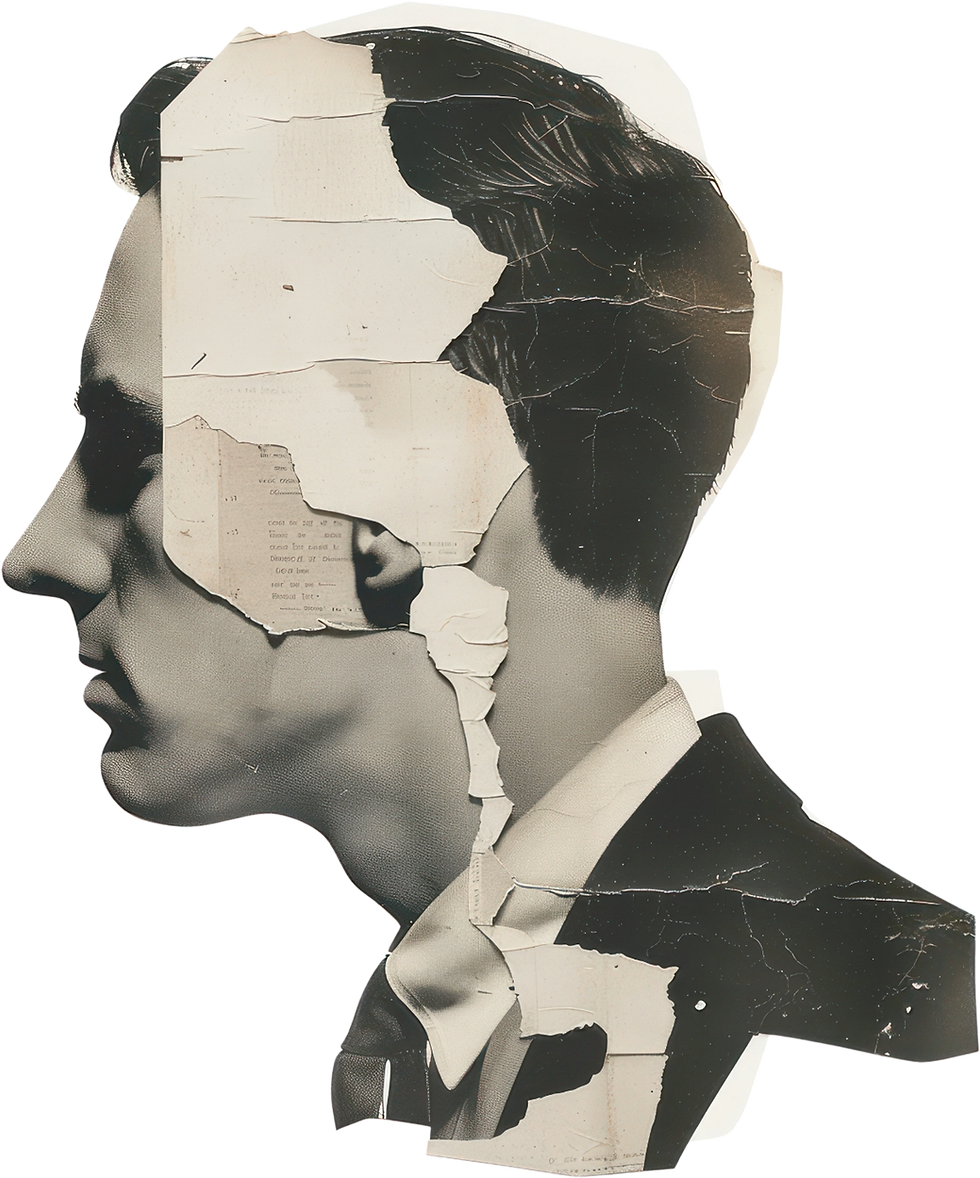Is our destiny predetermined?

The whole idea of fate has inspired novels, poems, songs, symphonies, and many a legend over the years, and you often hear people in ordinary, everyday life say: "It must be fate." I, for one, believe there's got to be something out there, some grand scheme of destiny, and this idea is at the heart of all three of my novels.
Here are two of my favourite quotes on the subject:
“There’s nowhere you can be that isn’t where you’re meant to be.”
John Lennon
“You often meet your fate on the road you take to avoid it.”
Goldie Hawn

And here are comments my own characters passed on to me:
“Destiny can be diverted, but it can never be cheated.” (Osman, an elderly Egyptian mystic in The Way Things Fall)
“You can’t keep knocking on the door of destiny, asking what it has in mind… stay quiet … everything will eventually become clear.” (The mother of Dominic, one of the central characters in In Love with the Night).

“No one is ever lost. They are just on their way somewhere else.” (Lukas, a nine year old boy in A Long Walk With Fate)
What they knew about life, and fate

An advanced understanding of the cosmos and the movement of the planets was embedded in Ancient Egyptian rituals and beliefs. Very significant to them was the concept of Ma’at, representing order, justice, truth, and balance. They believed this was essential for maintaining harmony, not just in their society but in the entire universe.

Isfet was the opposite of Ma’at, representing chaos, injustice and violence.
The Ancient Egyptians believed in fate but felt that respecting the hidden powers of the cosmos, following your intended path, and living by the tenets of Ma’at, would influence your destiny and afterlife.
All three novels reflect these beliefs of the Ancient Egyptians. A Long Walk With Fate is rooted in the warring concepts of Ma’at and Isfet, and how forgiveness is critical to moving forward.
The men in my novels are neither simple nor perfect human beings

Karl Gustav in The Way Things Fall is a deep and highly complex man, a rare combination of scientist and mystic with a reverence for the power of fate and karma. His beliefs are based on his studies in cosmology and the way the Ancient Egyptians interpreted the stars. He is methodical, taciturn, dismissive but intensely passionate — passion that rises to the surface and completely overwhelms both he himself and Rachel, the woman he loves.
Steven Farrow in The Way Things Fall is the complete opposite to Karl. He is a divorced, struggling, broody artist, waiting to be discovered, uneasy in social situations and feeling a little victimized by life. He nurses a sense of guilt over the death of his brother ten years earlier and uses this as an excuse to hide from the world. Through his relationship with the art critic, Rachel, his approach to his work and his belief in himself changes. He relies on her support and becomes increasingly successful. Throughout the story, Steven believes he and Rachel are in love - but were they? At one point Karl challenges Steven, claiming that he never cared for Rachel, that he used her for his own ends.
Dominic El Hassan in In Love With The Night is unlike either of the men in the first novel. He is outgoing, exuberant, a partygoer, a womanizer, held in check by his older brother and sister in law. But despite his charm and recklessness, he takes the running of the family hotel seriously and is extremely popular with both family and friends. Dominic has inherited the Roma blood of his mother and believes there is a greater force that guides our lives. This belief causes him to dabble with everything from Tarot cards to star-reading, but he lacks the discipline for serious study so bases everything he does on hunches and instincts … which prove to be prophetic.
When we first meet Aiden Quinn in A Long Walk With Fate, he is a sensitive, somewhat defensive young man, a talented artist in a dead-end job, dealing with the recent death of the woman who raised him. Aiden has little money and no prospects. Unable to forgive his birthmother for abandoning him, he has developed a cynical attitude to the world. As the story develops, so does Aiden. His self-deprecation is endearing. Catapulted into a whole new world in a different country, he finally finds purpose and believes people genuinely want to help him. When a twist of fate puts him in the centre of a terrifying incident, his inner strength and a new sense of determination come through.

